Born in Turkey • Studied Mathematics at Middle East Technical University in Ankara, Turkey • Highest degree PhD in Mathematics Didactics • Lives in Enschede, The Netherlands • Occupation Lecturer at the University of Twente
I actually did not really like mathematics in primary school. I found it difficult to memorize all multiplication tables for example, as I did not really understand the concept behind them. However, during high school, I had a great teacher, who could explain really well. She introduced us to theorems and proofs, and I found this challenging and rewarding.
What prior knowledge is necessary to fully understand the concept of the derivative? And what happens when some of that knowledge is missing?
After that, I did my BSc in mathematics, but I was also very intrigued by the way my professors were teaching, maybe because of my experience in primary school. All were very talented mathematicians, but some of them were not explaining very well, while others were. This motivated me to do my undergraduate and PhD level in the didactics of mathematics. In my PhD for example, I focused on the concept of the derivative. What prior knowledge is necessary to fully understand the concept of the derivative? And what happens when some of that knowledge is missing?
I am now still working in the field of mathematics and statistics didactics. I investigate how we can improve the teaching and learning of mathematical and statistical concepts. This combines my pedagogical skills and scholarly knowledge. I try to gain a better understanding into how people learn, and how this knowledge can improve teaching.
I find this project particularly exciting because it can make a real difference in students’ academic lives, as I often see them struggling in the first year during my teaching.
I am currently working to make the transition from high school math to college-level math easier for students. This means that students should have a better understanding of several mathematical concepts and skills when they are at university. To achieve this, I investigate best practices in curriculum development. I will also create videos and practice material on topics that many students are struggling with. I find this project particularly exciting because it can make a real difference in students’ academic lives, as I often see them struggling in the first year during my teaching.
During my research, I focus on how we can teach mathematics in such a way that students can understand it more easily. I had very interesting results on teaching statistical inference for example. In statistics, you often make probabilistic statements about an entire population while you only investigate at a small sample of it. This concept is often very difficult to grasp for students. Usually, during a course students are first told about the sample (for example the sample mean), and are then told what this sample statistic tells about the entire population. My research shows that it is actually better to start discussing the population first, and how you create a sample from this entire population. After that, you can teach what this then tells you about the entire population that we started with.
I would really like to investigate the most common statistics textbooks to compare their way of explaining to my proposed model. Doing so will help me to slowly but surely change the way statistics is taught.
My research endorsed that this second way of teaching makes students grasp statistical inference more easily. I would really like to investigate the most common statistics textbooks to compare their way of explaining to my proposed model. Doing so will help me to slowly but surely change the way statistics is taught.
My goal is to make sure that research in the didactics of mathematics is actually applied in mathematical teaching. Despite the fact that there is plenty of research that could be useful, the connection between research and practical teaching is weak. I would love to create a course on didactics for mathematics teachers at universities as well. I feel that most people at the university really like their teaching, and are also interested in my didactical research, but it is difficult and time-consuming for them to get a good overview of the existing knowledge. In such a course, we could go over this together, and discuss how we can implement it in practice. In this way, mathematics education research can really make an impact on the way mathematics is taught.
I really enjoy teaching and find it very motivating. My favorite moments are when a student has an “A-Ha” moment and gains a better understanding of a concept. This is also very rewarding for myself, as I managed to make an impact on the student by teaching them a topic that they did not fully understand. It also shows you the beauty of mathematics: if a student understands all single, small concepts, they can understand a much bigger problem.

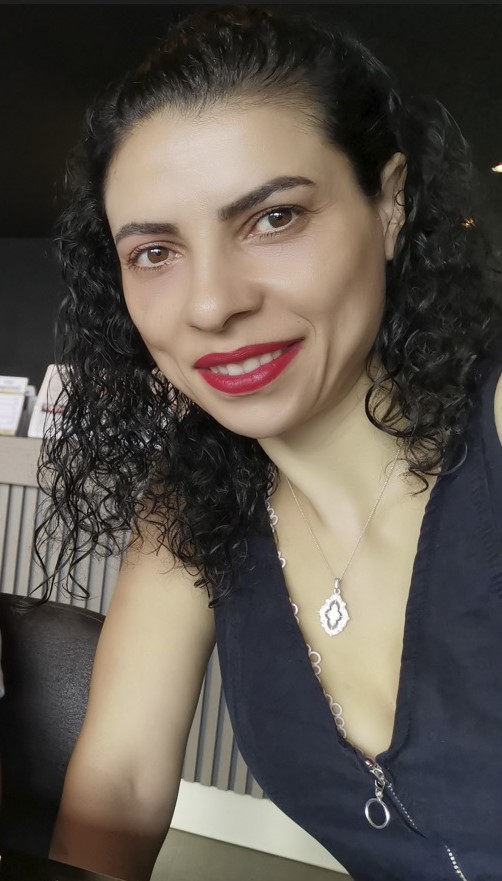

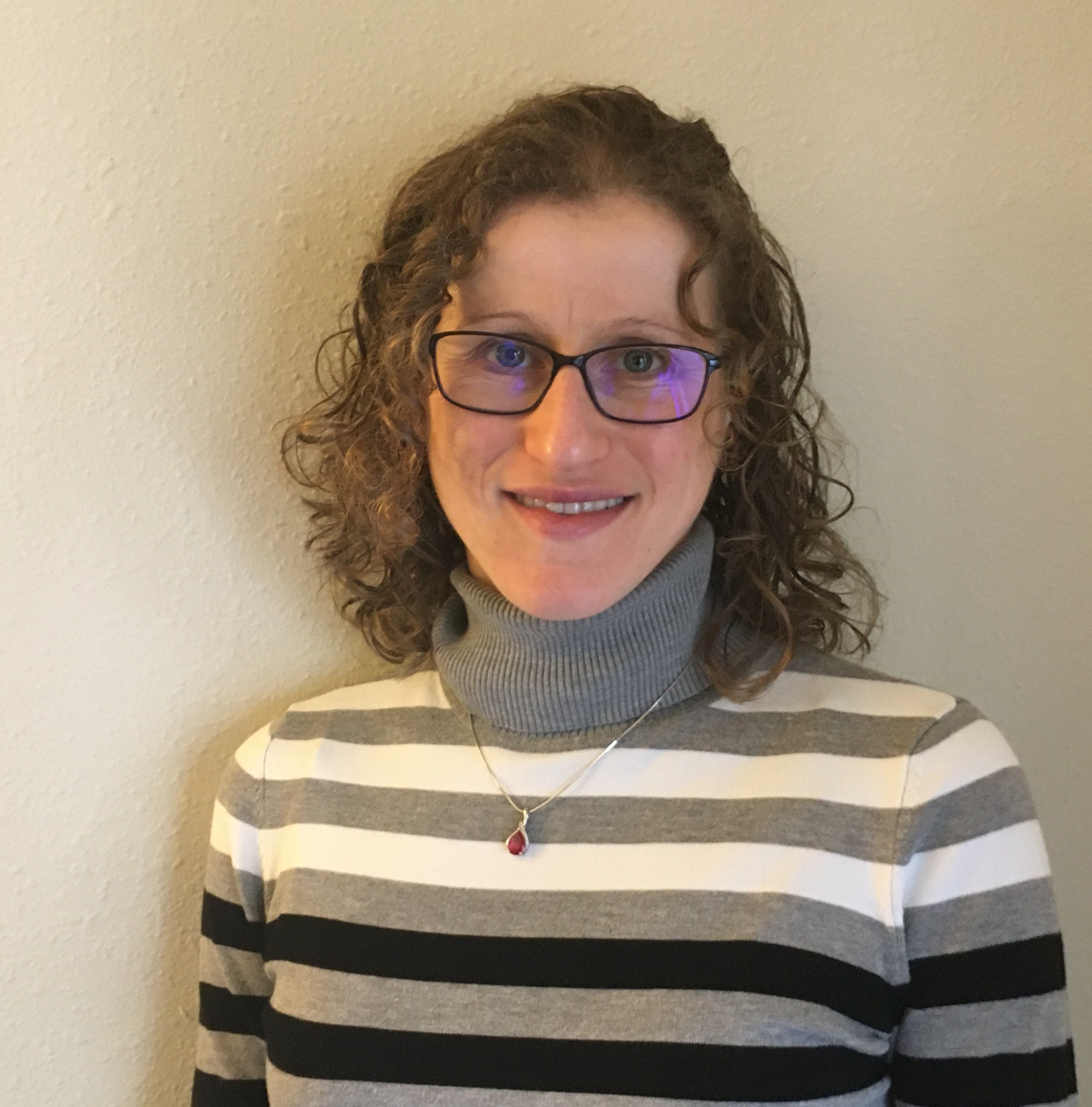
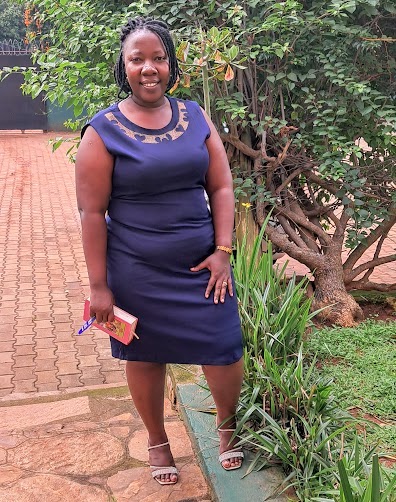
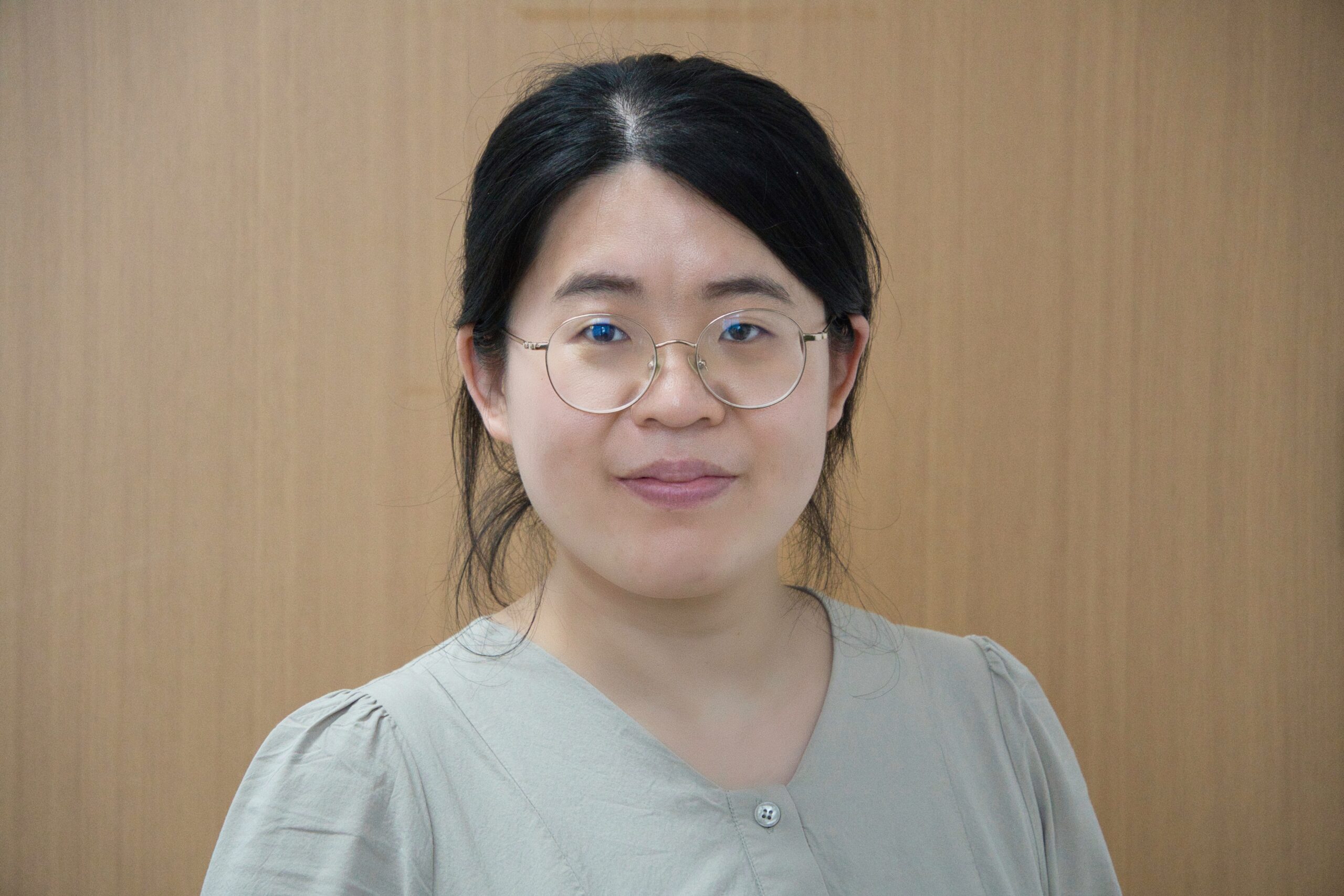
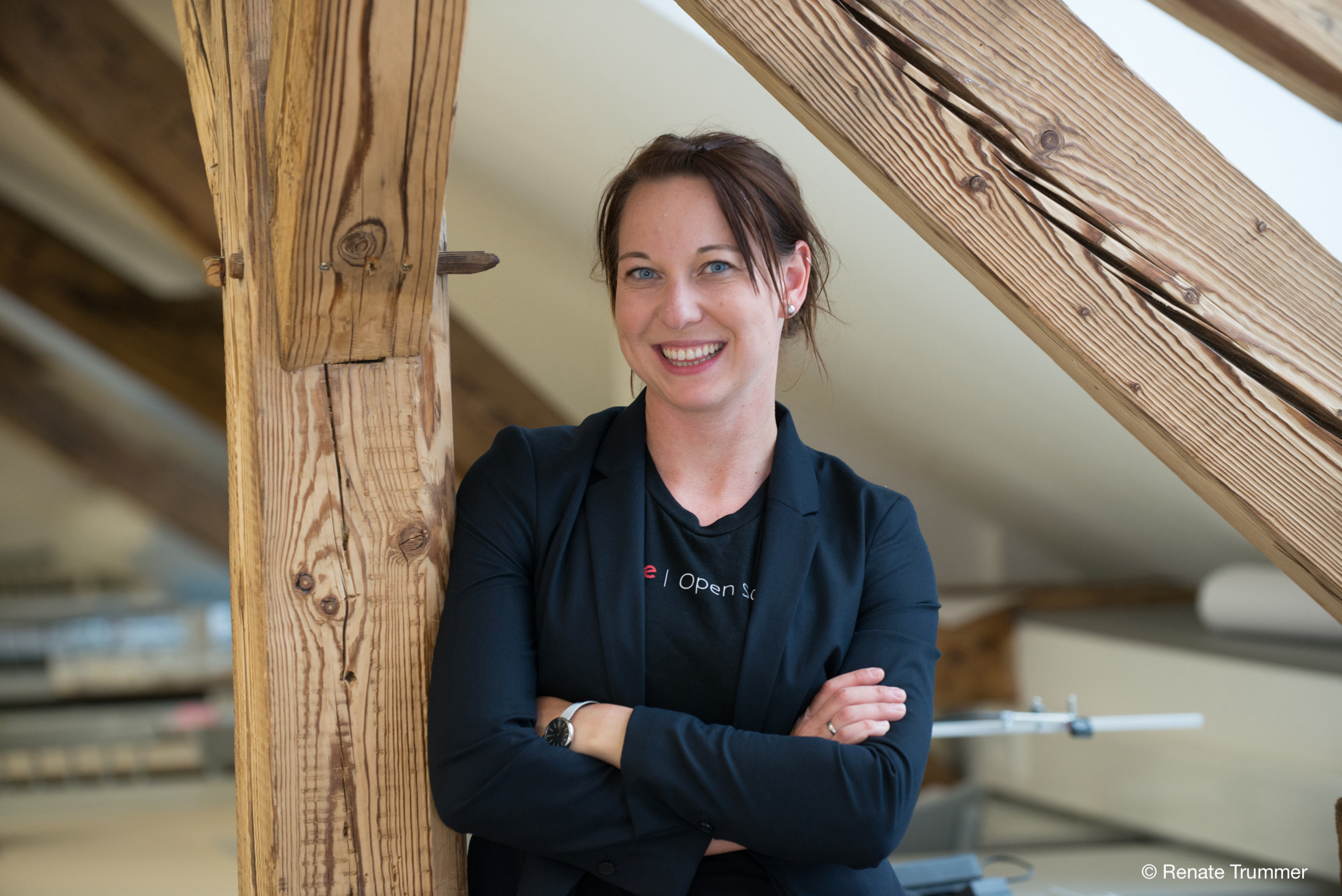


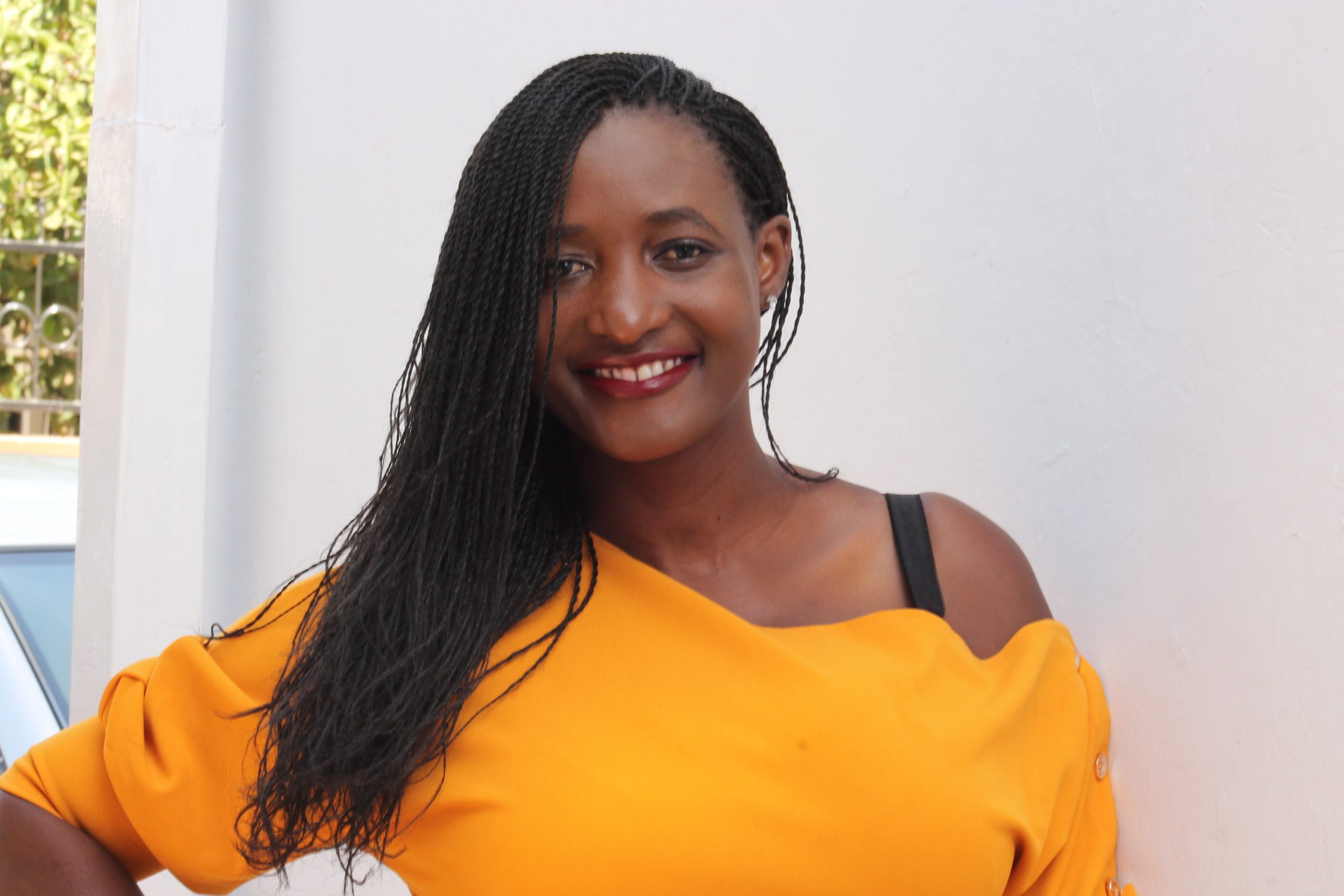
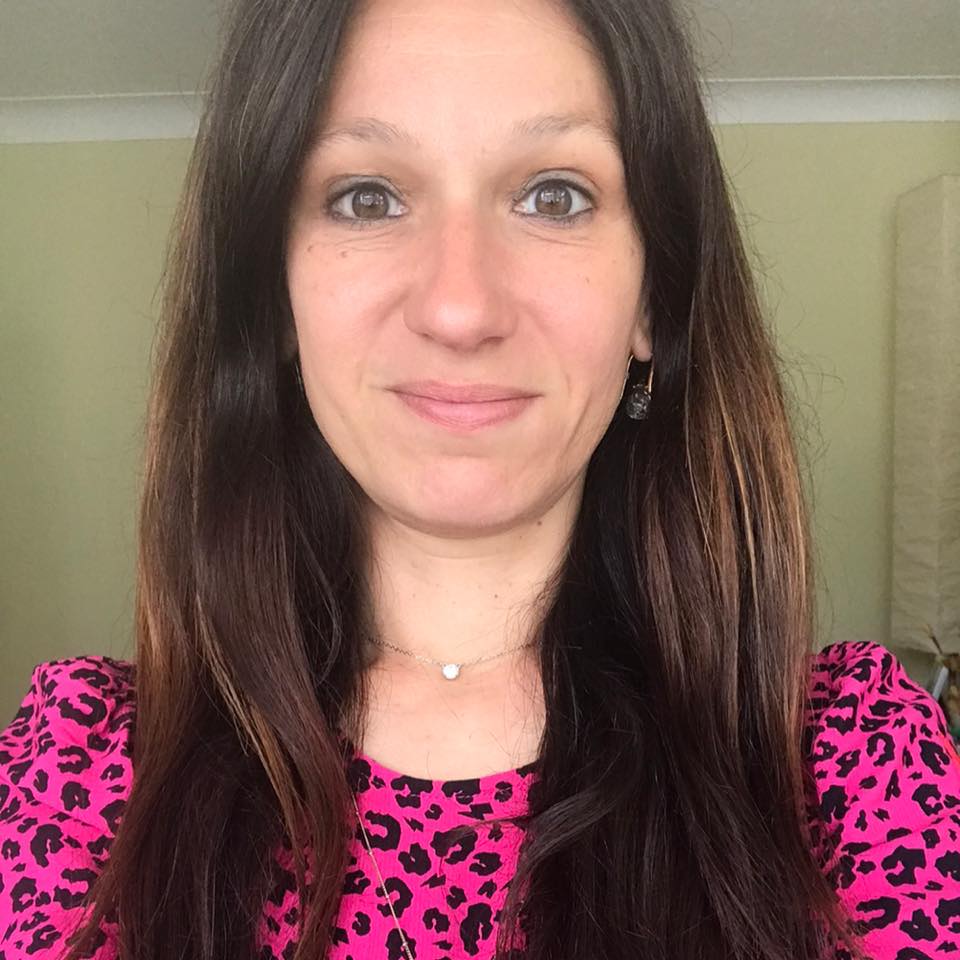
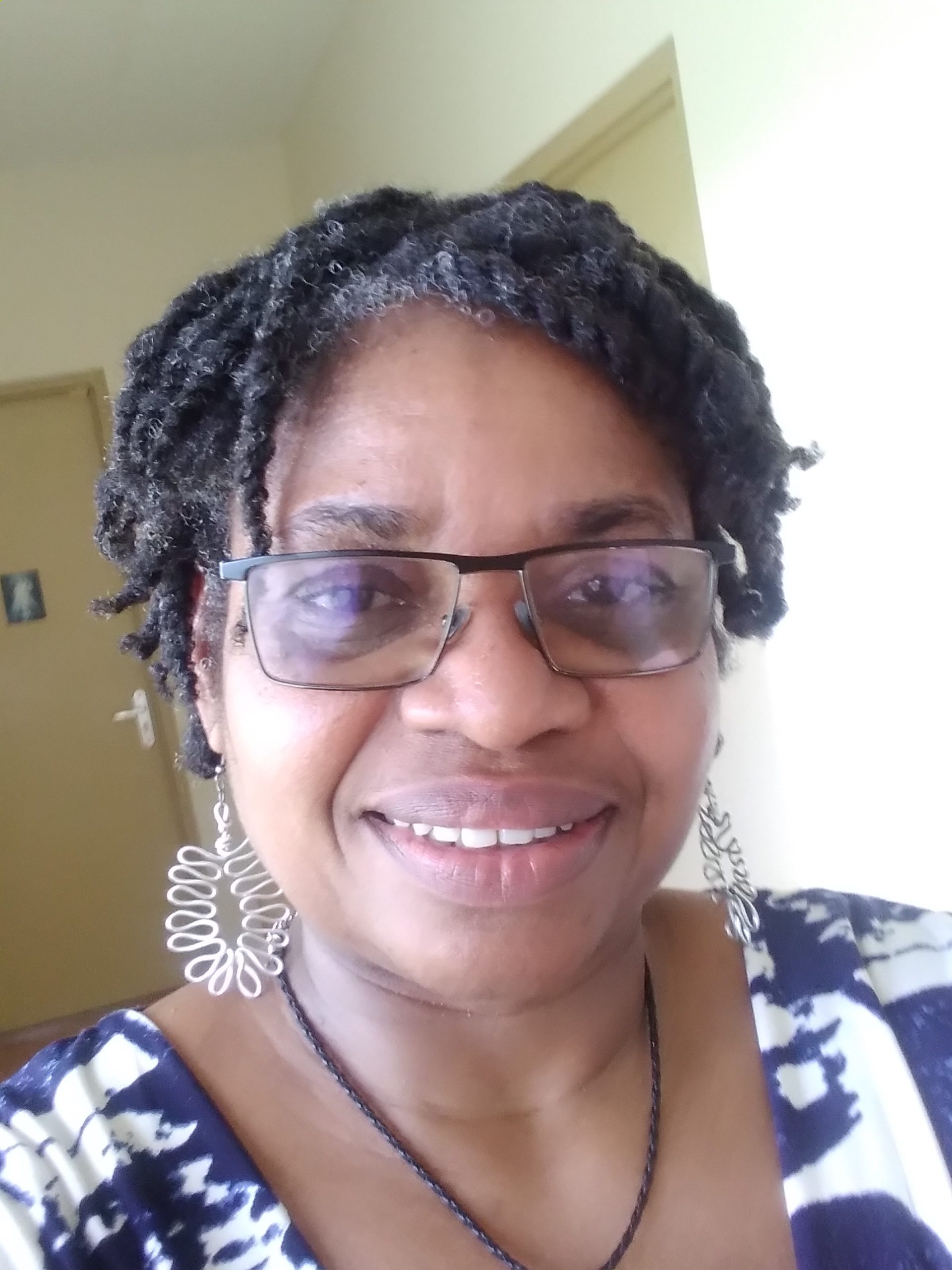

Recent Comments